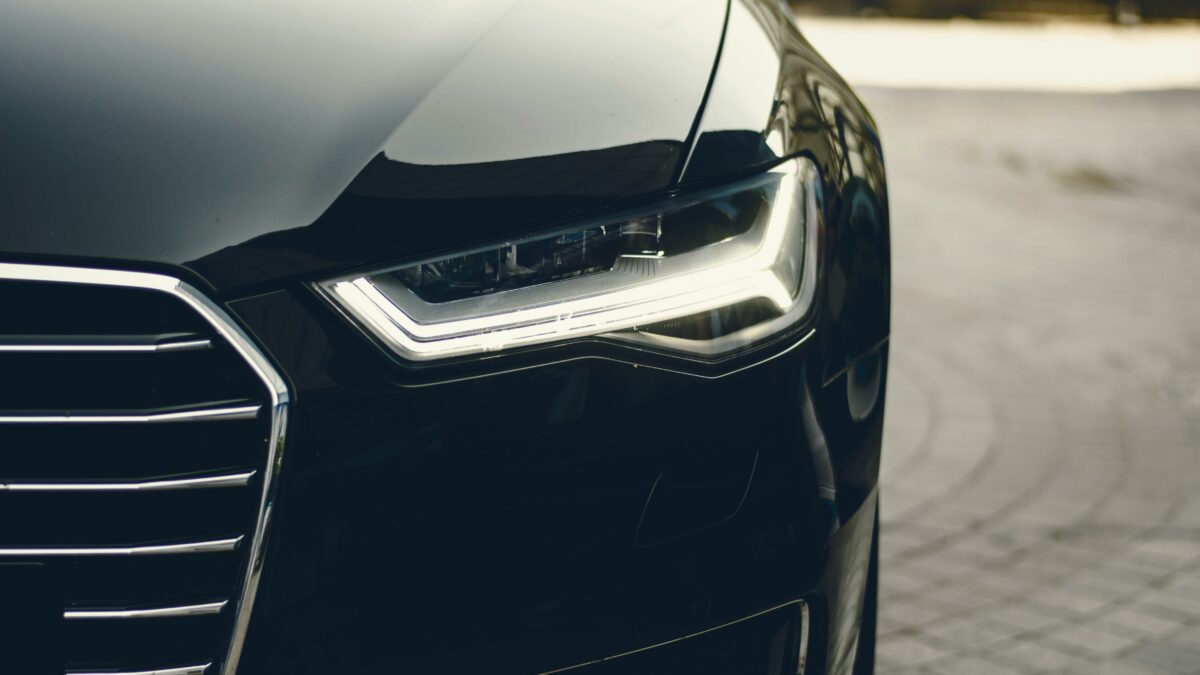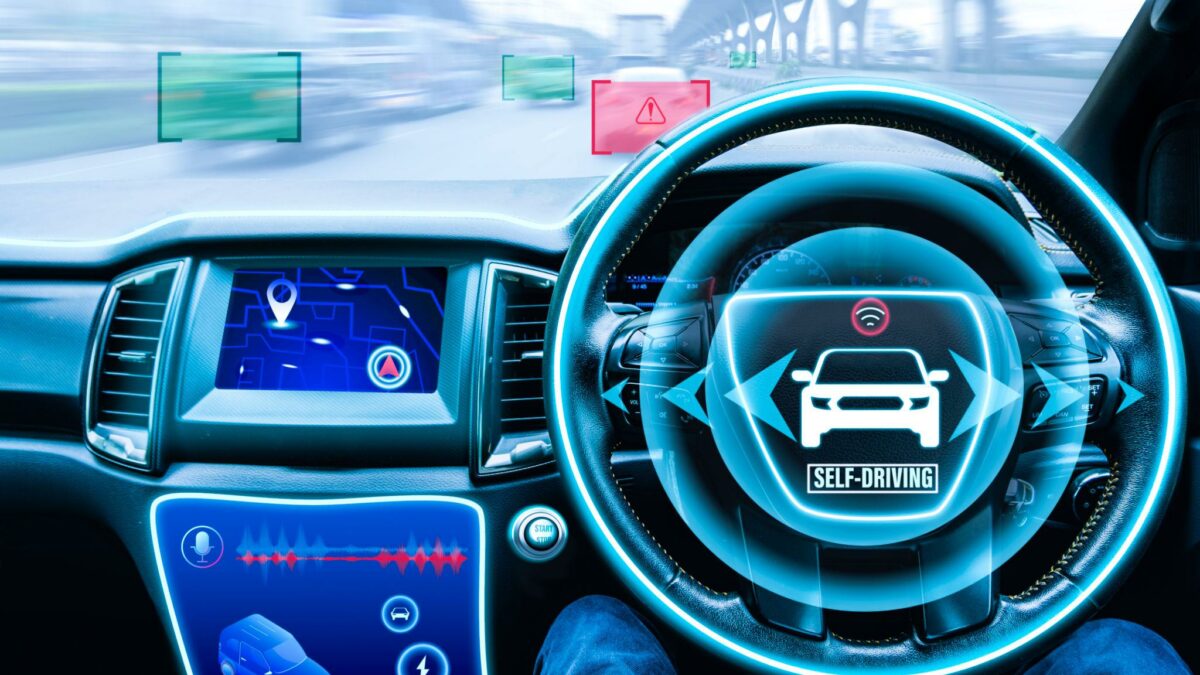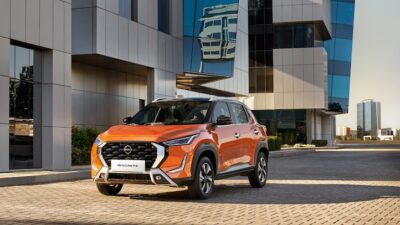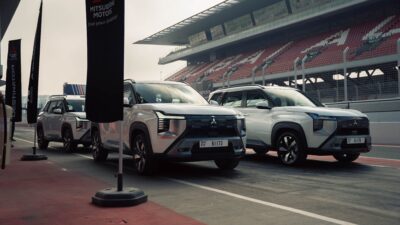
Nissan builds EV test car with twin-motor all-wheel control technology
Nissan today revealed a high-power, twin-motor all-wheel-control test car equipped with new technologies being developed for the company’s next generation of EVs.
The vehicle, based on the 100% electric Nissan LEAF e+, features an enhanced all-wheel drive system powered by front and rear high-power motors integrated with Nissan-developed chassis control technology. The result is an electric-drive all-wheel-control system that will take the performance of Nissan’s electric cars to a new level.
“Soon, Nissan will launch a next-generation EV that will be a true breakthrough,” said Takao Asami, senior vice president for research and advanced engineering at Nissan. “The new electric-drive four-wheel-control technology now being developed integrates Nissan’s electric propulsion and 4WD control technologies with our chassis control technology to achieve a huge leap in acceleration, cornering and braking performance, on par with the latest sports cars.”This exciting EV technology is a key component of Nissan Intelligent Mobility, the company’s vision of how vehicles are driven, powered and integrated into society.
Powerful, smooth high-output twin-motor drive
Using separate front and rear electric motors, the powertrain generates 227 kilowatts of maximum output and 680 Nm of maximum torque. This output is complemented by the ultra-high-precision motor control provided by Nissan’s advanced EV technology which offers highly responsive, yet uncommonly smooth, acceleration.
Drivers can benefit from the all-wheel-control system on nearly any road condition, heightening driving performance and confidence.
Ride comfort for all
The test car’s precision control of both motors provides unparalleled ride comfort. Vehicle pitch and dive are minimized by adding regenerative rear motor braking to the usual front motor regenerative braking. When slowing down on city streets, for example, this helps keep passengers from being shaken back and forth. This reduces the potential for motion sickness and related discomfort. Similarly, on rough, bumpy roads and when accelerating, motor control is optimized to maintain ride comfort by minimizing irregular movement.
Independent brake control for top-level handling
In addition to optimizing front and rear torque allocation, the system applies independent brake control at each of the four wheels to maximize the cornering force generated by each tire. This lets drivers enjoy cornering that faithfully follows their intentions with minimal steering.
A beacon of Nissan Intelligent Mobility
Despite being a test car with technology hidden inside, the bespoke exterior effectively communicates the advanced Nissan Intelligent Mobility technology within, and creates excitement for the new era of Nissan EV technology. Fitted with overfenders and rally style wheels, this test car confirms it’s ready to take on the most punishing of road conditions.
Inside, the test car sports a 12.3 inch display mounted in the center of the instrument panel that reports, in real-time, information on the vehicle control technology via a polished graphic interface. With the custom display, the driver can better understand vehicle movement, and judge the all-wheel-control technology’s performance at a glance.
Confidence on any road surface
Electric four-wheel-control technology increases driver confidence across a broad range of road conditions. When cornering on snow-covered roads, for example, the vehicle can faithfully trace the driver’s intended line thanks to ultra-high-precision motor and brake control. With the confidence to handle such a variety of road surfaces, driving becomes more enjoyable.
| Electric All-Wheel-Control technology Test car specs | |
| Electric motor | EM57 × 2 (Front and Rear) |
| Max power/Max torque | 227kW / 680Nm |
| Length | 4,480 mm |
| Width | 1,830 mm |
| Height | 1,540 mm |
| Wheel base | 2,700 mm |
| Drive | Electric All-Wheel-Control(All wheel drive) |
| Tire | Front : 215/55R17, Rear : 235/50R17 |







